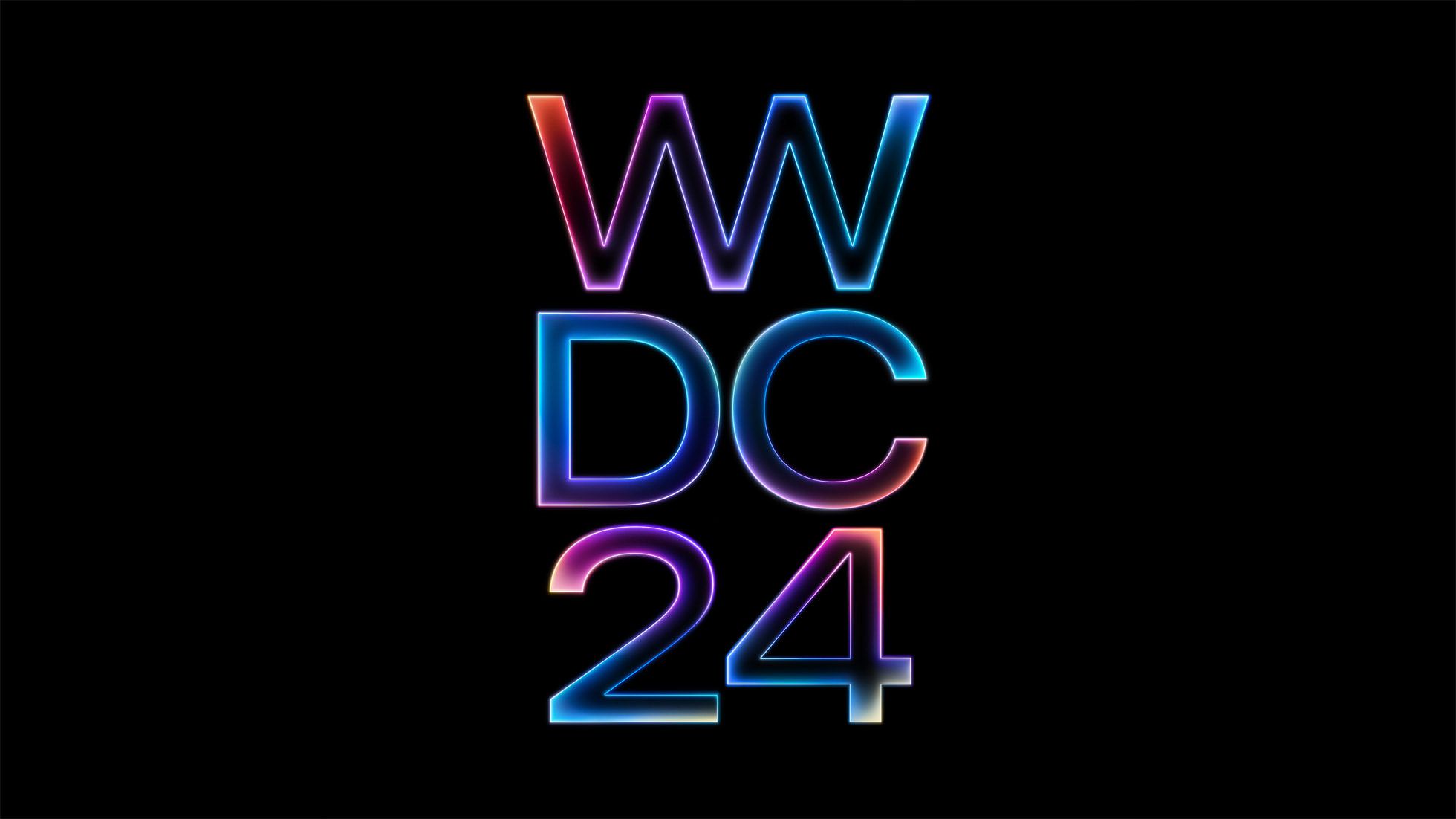
Software innovation takes center stage at WWDC, with 2024 poised to introduce iOS 18 as a transformative update for the iPhone, marking the most significant change users have experienced in years, largely thanks to advancements in AI. The upcoming software overhaul promises to imbue not only iOS but also macOS with sophisticated AI-driven features, underscoring Apple’s ambition to narrow the technological gap with its rivals in artificial intelligence capabilities.
According to Bloomberg’s Mark Gurman, iOS 18 is set to be a “relatively groundbreaking” update, bringing with it an array of “major new features and designs,” with a particular focus on AI integration. The envisioned changes include a variety of AI-powered enhancements aimed at enriching user interaction across the operating system. Innovations such as auto-generated Apple Music playlists tailored to user-input moods, AI-assisted writing and presentation tools in Pages and Keynote respectively, and even AI-facilitated code writing in Xcode signal a significant leap towards a more intelligent and intuitive user experience.
Further, iOS 18 is expected to bring refinements to Siri and Spotlight search, leveraging large-language models (LLMs) to enable natural conversation capabilities and improved personalization. Integration between Siri and the Messages app is anticipated to enhance how Siri responds to messages and suggests response options. Moreover, the incorporation of Shortcuts with Siri hints at the possibility of automating complex or multi-step tasks through voice commands.
While iOS 18 will see some design alterations, it’s suggested that it won’t undergo a complete overhaul but might adopt some design cues from visionOS. A notable update includes a more customizable Home Screen, which aims to provide iPhone users with greater flexibility in app icon arrangement, potentially allowing for the creation of blank spaces, rows, and columns between icons. This modification aligns with the significant updates previously seen with the Lock Screen in iOS 16, marking a major evolution in Home Screen customization.
The Apple Maps application is also on the docket for updates, with anticipated features such as topographic map support and the capability to save custom routes. Another significant development for iOS 18 involves the introduction of Rich Communication Services (RCS) for the Messages app, promising an improved interaction framework for communications between iPhone and Android users. This update is expected to mitigate common issues such as errors when sending photos and videos, enhance group chat performance, and introduce cross-platform emoji reactions, read receipts, and real-time typing indicators.
As for macOS 15, Apple is expected to mirror several AI features from iOS 18, furthering the integration and functionality across devices. Apple’s tradition of naming macOS versions after California landmarks continues, with several potential names in consideration, including Redwood, Grizzly, and Sequoia, among others. This naming convention highlights Apple’s ongoing homage to its Californian roots since the inception of this practice in 2013.
In addition to iOS and macOS updates, WWDC will also cover watchOS 11, tvOS 18, HomePod Software 18, and visionOS 2, although specific details about these updates remain under wraps.
Apple’s forthcoming software releases underscore a committed push towards integrating AI across its ecosystem, potentially setting a new benchmark for user experience and interaction with technology.
Source






